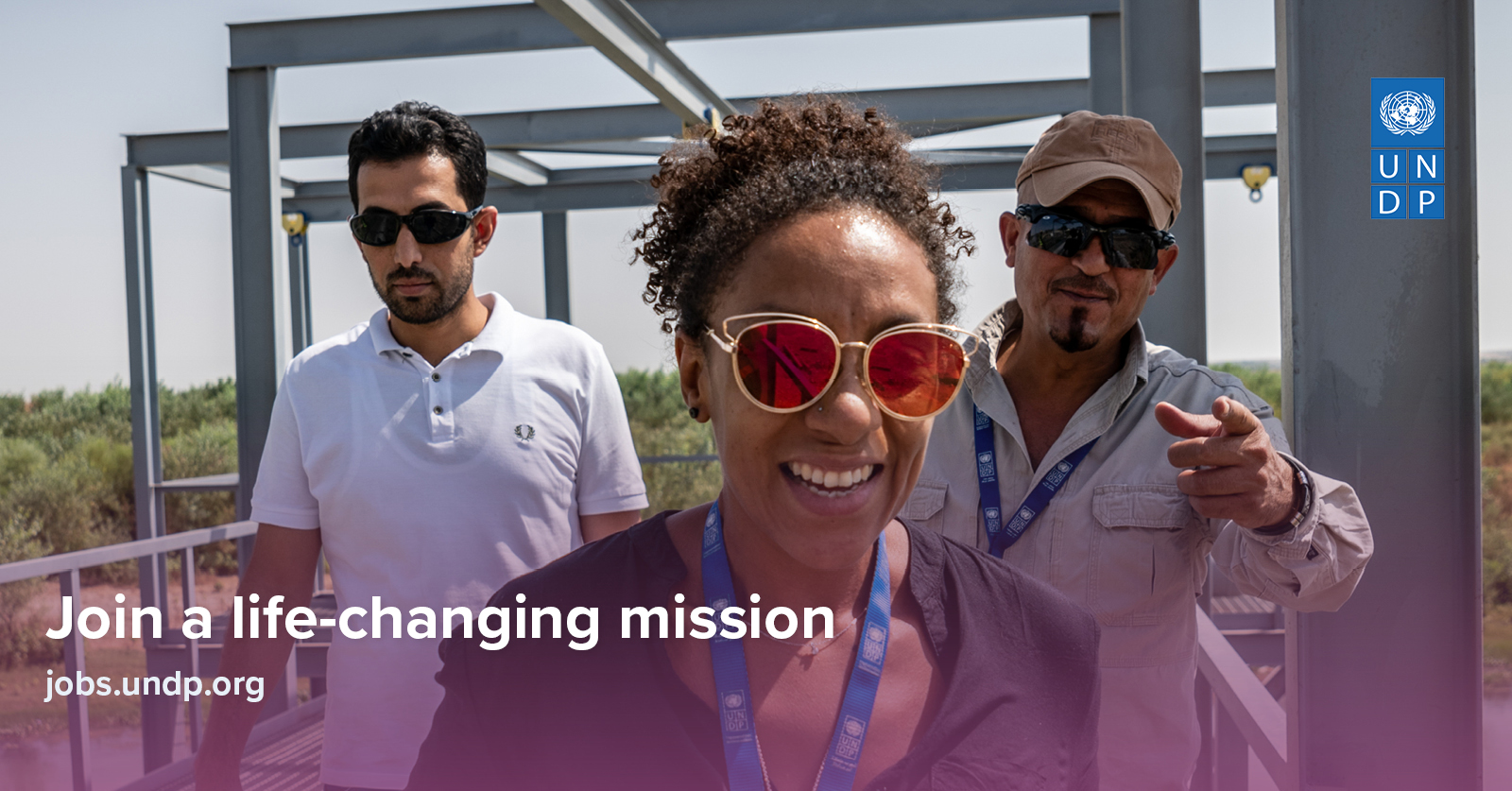
Over a period of four years (2019-2022), UNDP has successfully carried out the Sida-funded “Building Municipal Capacity for Projects Implementation” Project (hereinafter BMCPI or the Project) which was set to address some of the most pressing issues faced by the local government institutions in their efforts to improve the living conditions for their citizens.
To address the underlying causes behind the sub-optimal performance of the country’s local self-government system and development performance, the previous Project design comprised three separate, yet interrelated lines of intervention. These included:
- The Municipal Development Index (MDI) – an objective system for tracking the performance and overall development progress of municipalities based on a series of parameters and indicators
- A comprehensive Functional Analysis (FA) of the country’s local self-government system at more general or systemic level, and through piloting of the approach among selected municipalities and regional centers, and
- The Technical Documentation Fund (TDF) which has been introduced to showcase a model financial instrument for preparation of comprehensive technical documentation for the highest priority infrastructure development projects in a local context.
By building upon the achievements of its first phase, the Project has recently entered its second phase (2022-2026) that aims at:
- Strengthening capacities of national institutions to provide and institutionalize adequate tools for targeting regional and local development policies and initiatives (primarily MDI)
- Strengthening local level capacities to identify, select and prepare more complex development projects (through TDF)
- Introducing and integrate the elements of European Green deal and global environmental challenges into local development planning; and
- Empowering civil society organizations, media, and citizens to participate in local development planning.
One of the Project’s key objectives is to catalyze an up-to-date unified integrated local development planning system that will encompass the elements of the European Green Deal and the most pressing environmental challenges[1]. The planning capacities would be enhanced in way to consider the negative implications of these global challenges on and the corresponding development opportunities for women and vulnerable groups[2]. The Project will seek to include these elements in the in the decision-making targeting local development priorities, in particular in designing and developing business, social and environmental infrastructure.
The expected results of this work will be reflected in the methodologies applied under the TDF to ensure prioritization of (infrastructure/development) projects that will address the above challenges.
These TORs describe the objectives, the scope and expected results of an international consultancy aiming at updating the existing local development planning methodology in line with the objectives the European Green Deal and the global response to the main environmental challenges[3]. Enhanced stakeholder participation (models, and approaches) needs to be an integral part of the updated planning methodology. The international expert will be supported by a local expert with complementary qualifications, and in line with the requirements of the assignment.
OBJECTIVES OF THE ASSIGNMENT
The overall assignment includes a combination of consultancy work, educational/training and awareness raising activities targeting local self-government representatives, the civil society, and other stakeholders at local/municipal level. The core of the assignment is the necessary updating the existing UNDP Methodology on inclusive and integrated local development planning in line with the objectives of the European Green Deal and an improved sensitivity on the gender and social inclusion dimension of local development.
Moreover, it involves design and implementation of training programmes on the ‘improved’ local development planning that will bring about the necessary national-level expertise that will be instrumental in the future updating of the existing local development plans.
Besides this, the expert will take part in awareness raising and networking events aimed at reaching out to diverse stakeholders about the objectives, and the expected benefits of the green transition, inter-municipal and regional cooperation, preparing gender sensitive projects and addressing the needs of the vulnerable groups.
[1] For example, disaster risk reduction, more efficient use of resources, pollution reduction and biodiversity conservation and restoration.
[2] The project activities related to local development planning will be focused on vulnerability in broader terms than climate change alone, especially given the fact that vulnerability and exposure arise also from non-climatic factors and from multidimensional inequalities often produced by uneven development processes. Special emphasis will be placed on the economically disadvantaged, people with disabilities, the elderly, ethnic minorities, children etc.
[3] The existing (baseline) methodology that needs to be updated has been developed by UNDP as part of the EU-funded Improving Municipal Governance project and by building upon the experiences of the UN Women’s “Promoting Gender Responsive Policies and Budgets” project.





